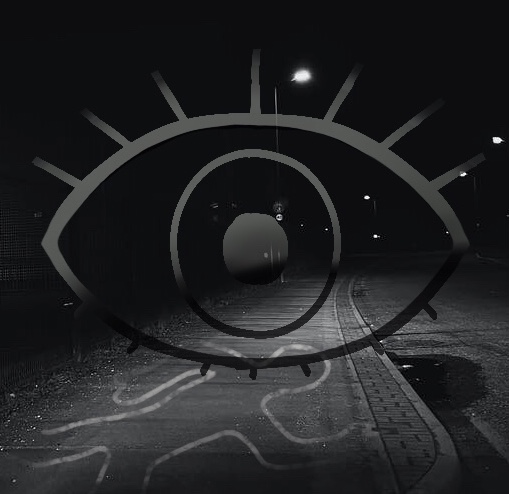The Unreliability of Eyewitness Testimony
Eyewitness testimony has been a staple of the court system, but since memory itself is unreliable, it imprisons the wrong people, changing the lives of innocents.

October 18, 2021
Whenever someone commits a crime, that person is taken to court. The defense talks; the prosecution talks. They appeal to the jury and judge, but the most important of all courtroom-related aspects is the witness. Eyewitness testimony has long been a staple in court procedures, at times the sole factor on which the verdict is decided. However, an increasing number of studies have shown that eyewitness testimony may not be as helpful as we think—in fact, it may be completely unreliable.
We have all probably at some point heard that our memories are not perfect. Though we retain large amounts of knowledge, our memories are not infallible. A study by Elizabeth F. Lotus of the University of Washington found that people subconsciously distort their memories or create new ones in order to fill the memory gaps they might experience.
Our memories are also severely hampered by limits in perception and attention. We are simply incapable of processing the sheer amount of information we encounter every day. This poses a challenge for eyewitnesses at court, where small details are not relevant until after the crime has been committed. For example, if A says she saw B stabbing C, but A was only focused on the action of stabbing, she might not remember what B was wearing. Thus, when A is asked at court what exactly B looked like, she will create a false memory of B’s appearance.
There are also many outside factors that influence the distortion of our memories such as time of day, location, distractors, and more. Let’s go back to the example of A, the eyewitness. Say that, when A watched B stab C, it was late at night with no streetlights to illuminate the alley, and A was on the other side of the street. Can we be so sure that A actually saw B stab C? We cannot be sure that she actually saw the real event or the true perpetrator.
This memory distortion can have life-changing consequences. In the early morning hours of August 11, 1979, a man beat and raped an old woman in Meriwether County, Georgia. At court, the victim, acting as a witness, accused John Jerome White of the crime. Even though he was completely innocent, he was sentenced to life in prison.
Even though there are now better methods to determine perpetrators of crimes, courts are still choosing to use eyewitnesses despite the numerous studies that say that eyewitnesses are unreliable, leading to rising numbers of innocent people sent to jail. We must recognize and acknowledge the unreliability of eyewitness testimony if we want to stop the imprisonment of innocents. Police departments could conduct DNA tests on pieces of evidence found on the scene before the trial, as these are roughly 95% accurate. Courts could review footage–if there is any–of the crime, or of moments before the crime, to try and determine whether or not the accused is truly guilty.

